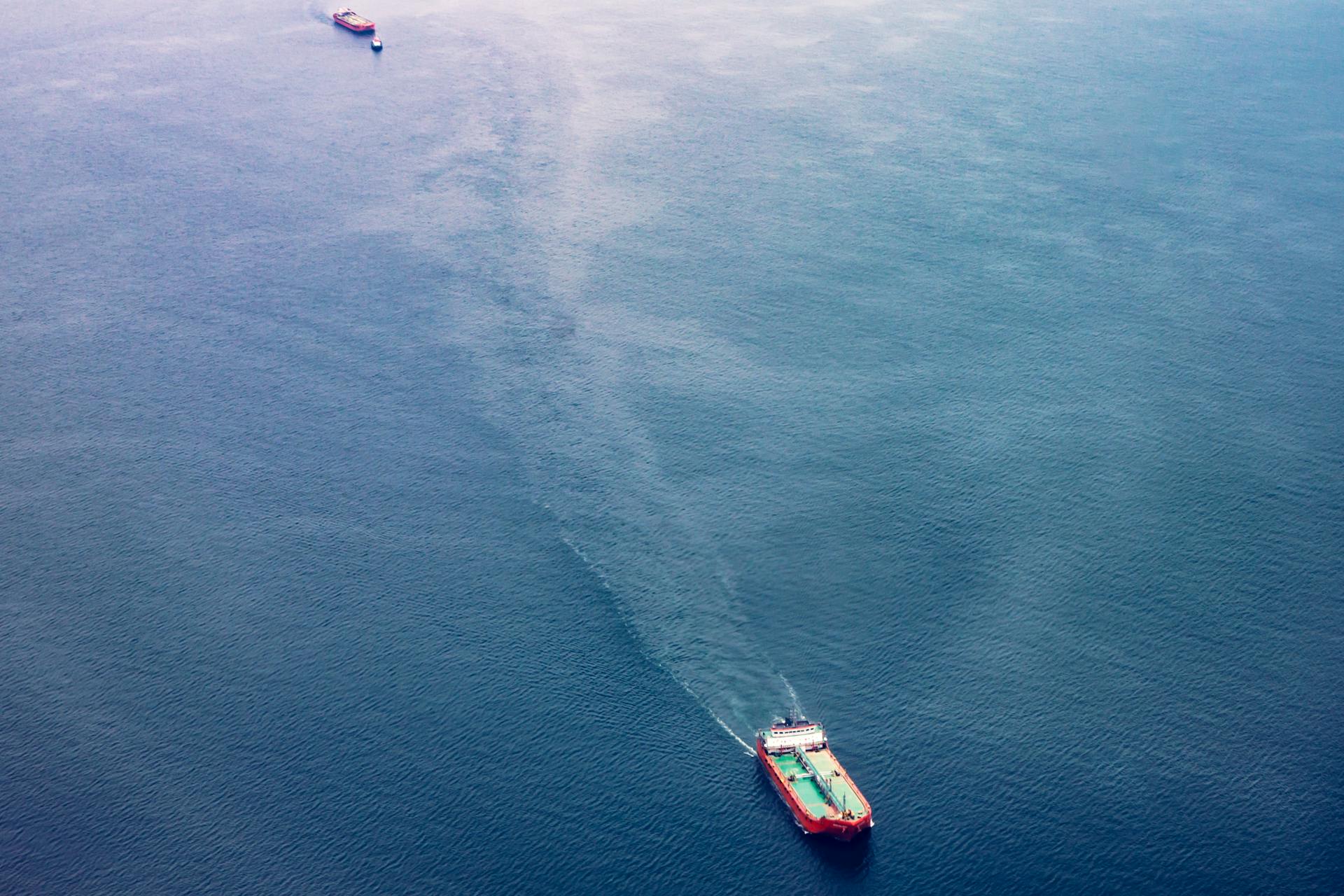Greek women far ahead of European average in maritime jobs
Greece’s maritime employees’ pension fund, (NAT) presented its first study on ‘International good practices for the promotion of women’s maritime employment’ last week during the 89th Thessaloniki International Fair, at the Ministry of Labor and Social Security’s pavilion.
The report mentioned by Newmoney, edited by Gabriel Amitsis, Professor of Social Security Law at the University of West Attica, builds on NAT’s established Annual Report on Maritime Employment, now in its third edition and already considered a key reference point for the sector.
The study shows that women represent 7.8 per cent of total registered maritime employment in Greece, a figure that far exceeds the international and European averages of 1.2 per cent in 2021 and 2.4 per cent in 2022.
Amitsis explained that the research aims to provide stakeholders with a practical tool to support the entry and retention of women in the profession, focusing on statistical monitoring at international and European level as well as on the adoption of best practices.
It records 25 representative measures, ranging from awareness and empowerment initiatives and policies to combat gender discrimination, to research, guides and award schemes.
Recent global data make the Greek figure look comparatively strong but also point to persistent gaps. The IMO-WISTA Women in Maritime Survey 2024 indicates that women now constitute just under 19 per cent of the maritime workforce overall, but only about 1 per cent of the seafarers employed by the surveyed organisations work at sea.
This emphasises how even when women are present in maritime administrations, education, or shore-based roles, their representation at sea remains very low.
Cyprus has been moving in much the same direction, introducing policies and initiatives designed to strengthen the role of women in shipping.
A National Strategy for Gender Equality has been developed to integrate gender considerations into public policy. In the maritime sector, the government acknowledges the significant underrepresentation of women: globally, only about 2 per cent of the workforce serve as seafarers, a figure echoed in Cyprus’s official remarks.
While specific data for Cyprus-flagged seafarers remain elusive, the cited global average provides a benchmark and highlights considerable room for growth. The creation of the Cyprus Shipping Gender Equality Award, government-sponsored surveys of participation, and efforts by local associations all point toward a trajectory of change.
These Cypriot initiatives mirror many of the themes identified in the Greek study, particularly the emphasis on awareness campaigns, statistical recording and award programmes.
Together they underline a growing regional momentum, as two of Europe’s most prominent maritime nations seek to position female seafarers not only as an equity priority but also as a vital element of competitiveness and sustainability in global shipping.
The event drew the participation of the Ministry’s political leadership and the heads of its supervised organisations.
In her address, Labour Minister Niki Kerameus said female employment was a government priority.
“Greece is a pioneer internationally in this sector, with more than three times the number of female seafarers compared to the international average,” she noted. “We must seize the opportunity to further strengthen the female presence in such a dynamic sector for our country and for the global market.”
Deputy Minister Anna Efthymiou struck a similar tone, pointing out that “in Greece, women account for over 7.8 per cent of maritime employment, exceeding the international average.”
She added: “However, we know that they can and deserve to have a much greater presence and role. Social security is not just a system of benefits, but a protection tool that must adapt to the needs of the market and strengthen specific groups, such as female seafarers.”
Georgia Maniati, Director and President of NAT’s Board of Directors, said that international practices open new paths for equality, innovation and sustainability.
“The Study that we are presenting today, for the first time, aims precisely to highlight these practices and to constitute a useful tool for strengthening the presence of women in the maritime profession,” she remarked.
She went on to say that NAT supports global initiatives promoting equal participation and stands ready to contribute with its own policies to boost employment, training and social protection.
Maniati concluded by saying that “the shipping of the future cannot be imagined without the female seafarer.”






Click here to change your cookie preferences